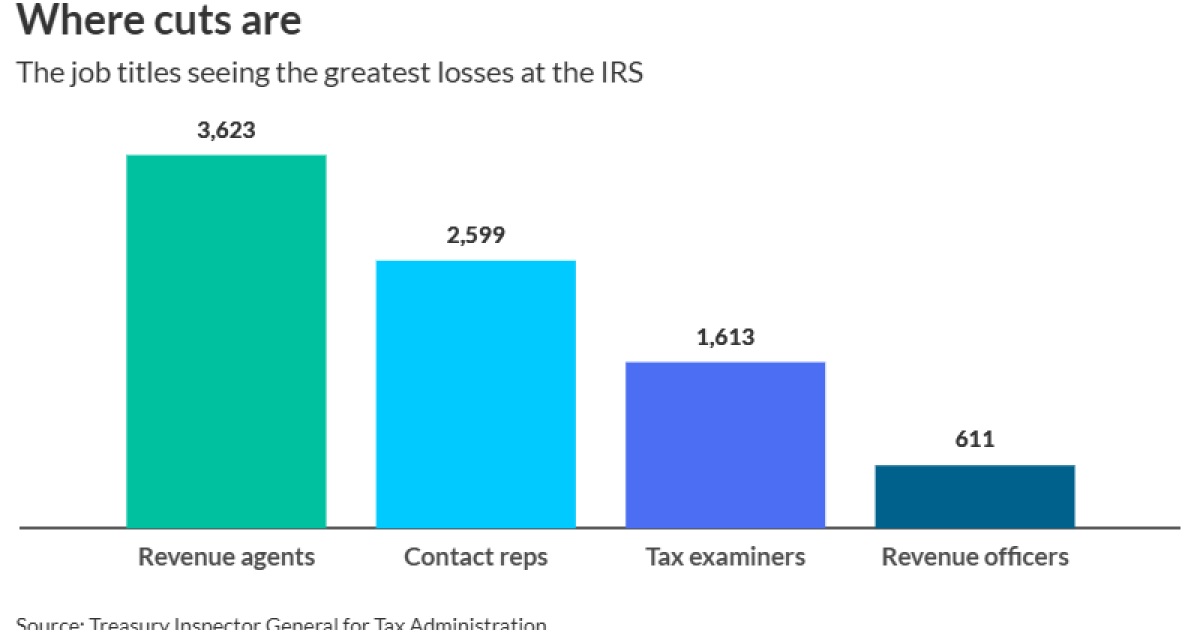We’re in the middle of a professional identity shift. Artificial intelligence is here. It’s integrated into tools we already use, embedded in platforms we rely on, and is rapidly evolving. From data extraction to client communication, AI is transforming accounting workflows across tax, audit, client accounting and practice management. And yet, despite all this movement, no firm is truly AI-first today.
Yes, we’re seeing widespread experimentation. Some firms are offloading routine work to intelligent automation. Others are scaling without hiring or delivering new kinds of advisory services fueled by AI-generated insights. But even with these advancements, the way we staff, price and deliver value hasn’t caught up to the capabilities in our toolkits.
However, we are getting a clearer picture of what an AI-first firm could look like along with the changes it will drive across every function.
To start, AI adoption is most visible in client accounting. Machine learning now powers bank feed reconciliation, auto-categorizes transactions and flags anomalies. In tools already used by most small firms, AI is reducing data entry and improving accuracy. Some systems do 80-90% of the work, with a human review layer to ensure quality.
AI-native platforms are pushing this even further. One firm grew its client base by 25% and saved over 800 hours annually on bookkeeping using an AI-enhanced service. And that’s with no increase in staffing. That’s not incremental efficiency; that’s a new delivery model.
But the bigger shift? When bookkeeping becomes AI-powered, accountants move from data entry to data interpretation. The value isn’t in the keystrokes, it’s in the insight. That’s a mindset change we’re still catching up to.
Audit moves from sampling to 100% risk scoring
In audit, AI is enabling a leap forward in assurance. There are tools that can analyze 100% of a client’s general ledger, risk-score every transaction and guide auditors directly to anomalies.
A Top 100 Firm reported a 66% reduction in audit sample sizes using AI, resulting in weeks of saved effort. And another top firm adopted AI audit tools across their practice, both to improve quality and to attract talent. Their younger auditors aren’t stuck in spreadsheets. They’re analyzing real insights and developing professional judgment from Day One.
An AI-first audit team is leaner, more analytical and able to deliver higher assurance with fewer staff hours. It elevates the auditor’s role into something more strategic.
It also changes the client experience since the audit is less intrusive, more insightful and has a faster turnaround.
Tax becomes proactive and always-on
Tax is evolving, too. AI-powered tools now scan client source documents and pre-verify data entry, slashing prep time and freeing up capacity. One solution eliminates the need to verify OCR data for 65% of standard documents.
But it gets really cool when generative AI transforms tax research. Tax questions are answered in seconds, citing code and case law, all of which can be used to draft memos and client communications. That’s a huge win during busy season.
Even more radical? AI platforms that scan your entire client base for tax law changes, identify who is impacted and generate client-ready letters. This turns reactive tax prep into scalable advisory services.
As taxes move into the digital age, automation is simplifying things for accountants while focusing on what is valued by clients.
Practice management goes from manual to intelligent
AI is also working its way into the back office. It’s automating tasks that once took hours and quietly transforming the client experience.
Modern practice management systems powered by AI can draft and personalize emails, summarize long threads and auto-schedule follow-ups. In one example, firms reported saving over 18 hours per employee per month on routine communication tasks. This means client updates happen faster, projects stay on track, and partners get more time for strategic work.
The AI-first firm won’t just use tech to do the work. It will use it to create space for the work that actually builds value.
So why aren’t we there yet?
If the technology is available, what’s holding us back? Well, most firms are still operating with workflows and business models designed for a pre-AI world. AI might be helping us do the same things faster, but we haven’t fully restructured what we do or how we staff, price and deliver our services.
To get to AI-first, we need to rethink:
- Staffing. What skills matter in a world where compliance is largely automated? What does a team look like when AI handles the first draft of everything?
- Pricing. If your cost-to-deliver drops dramatically, how do you price for value, not effort?
- Processes. Are your workflows built for AI-augmented work? Or are you still retrofitting automation into legacy systems?
- Client experience. Are you using AI to create faster, more transparent service? Or are clients still waiting days for a reply?
The firms that ask these questions — and act on them — will define the next era of the profession.
What radical firms are doing with AI now
The good news is you don’t have to have it all figured out. The firms seeing real results aren’t waiting for perfection, they’re experimenting.
- They start small. They are automating one process at a time, sharing wins with the team and building confidence.
- They empower staff to use AI. Staff is being trained to collaborate with the tech, not fear it.
- They focus on outcomes, not hours. Nobody cares how long it took you to prepare a return. They care if you are proactive, insightful and accurate.
These are the foundations of a truly AI-first mindset.
Become an AI-first firm
AI won’t replace accountants. But firms that fail to evolve might just get left behind. Don’t fear the shift — lead it. Use AI to eliminate grind, improve service and build a firm that works for you, not the other way around.
Because the future of accounting isn’t just about faster tax returns or prettier dashboards. It’s about delivering more value, more consistently, with less burnout, and building firms that clients trust and talent wants to join.
AI isn’t replacing the profession. It’s giving us the opportunity to become the profession we were always meant to be.
The AI-first firm doesn’t exist … yet. But it’s coming. And if you start now, you can help define it.


 Economics1 week ago
Economics1 week ago
 Accounting1 week ago
Accounting1 week ago
 Blog Post5 days ago
Blog Post5 days ago
 Economics1 week ago
Economics1 week ago
 Personal Finance1 week ago
Personal Finance1 week ago
 Economics6 days ago
Economics6 days ago
 Personal Finance1 week ago
Personal Finance1 week ago
 Finance1 week ago
Finance1 week ago











